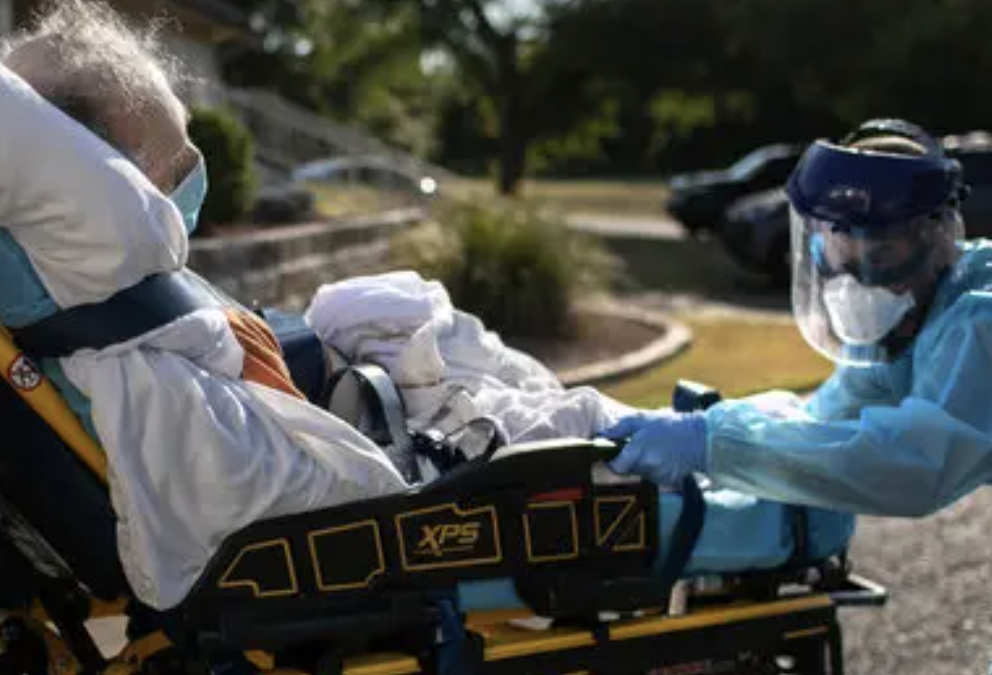In PA, they released the revised nursing home COVID-19 guidance. The guidance’s updated visitation policy seeks to address the adverse mental, emotional, and physical effects of prolonged resident isolation.
Updated guidance for how Pennsylvania nursing homes should operate during the coronavirus pandemic has recently been released by the state, according to an article on Patch.com.
The guidance, revised and released in early September, offers new policies on such matters as the following:
- Testing for staff and residents of PA nursing and personal care homes
- How and when to safely ease COVID-related restrictions
- How to safely conduct visitation in light not only of residents’ physical health, but of their mental and emotional health as well
The new guidance regarding COVID-19 testing deals with the frequency of testing for nursing home workers and residents. Any resident displaying symptoms of COVID-19 is to be immediately tested. The guidance also lays out procedures for asymptomatic testing, which is to be conducted based on the presence of a coronavirus outbreak within a given facility and on transmission levels in the county where the facility is located.
According to the article, Department of Health Services secretary Teresa Miller said the updated guidance regarding how to ease restrictions was created to allow for the relaxation of certain mitigation tactics while still keeping the vulnerable populations at PA nursing homes safe.
A notable update to the guidance includes the change to visitation policies, altered to address them in light of giving Compassionate Care. Defined as allowing special visitation access to a predetermined caregiver in order to “maintain or improve a resident’s health and well-being,” Compassionate Care takes into consideration the right of residents to receive contact with a loved one in the event of a change in their health or emotional well-being
According to Patch.com, several recent reports indicate the profound negative effects that prolonged isolation—such as that imposed due to COVID restrictions—poses to long-term care residents. The DHS noted a “significant” impact on residents’ health: physically, mentally, and emotionally.
The guidance regarding who Compassionate Caregivers may be and under what circumstances they can provide care to residents are as follows:
- Compassionate Caregivers—a spouse or partner, family member, friend, volunteer, or other individual who plays a significant role in a resident’s emotional, mental, and physical health—must be identified by a resident, the resident’s family or facility staff.
- Two or more changes in a patient’s condition must be documented before a Compassionate Caregiver may be called in to give care.
- Compassionate Caregivers must give proof of a negative COVID-19 test within the previous seven days.
- Caregivers must submit to screening and must wear a mask during visits.
Beyond Compassionate Care, the visitation guidelines also state that nursing homes and long-term care facilities must permit any family, friends, clergy, and others identified by patients to visit during end-of-life situations. If community spread drops to low levels and nursing homes experience zero cases or outbreaks, facilities are permitted to resume patient visitation, adhering to safety guidelines.
Ensuring Your Loved One’s Needs—and Rights—Are Met
The well-being and safety of your loved one while residing in a Pennsylvania or New Jersey nursing home is paramount. This is particularly true during the trying and uncertain times presented during the coronavirus pandemic. Now more than ever, you need to be sure your loved one’s Pennsylvania or New Jersey nursing home meets every health and safety standard while adhering to measures that ensure his or her well-being. If the safety or quality of care of a Philadelphia/PA or NJ facility causes you concern during COVID-19, or if you suspect neglect, abuse, or fraud has occurred at the Pennsylvania, Philadelphia, or New Jersey nursing home where your loved one lives, please contact nursing home abuse attorney Brian P. Murphy to discover your legal rights and options.







